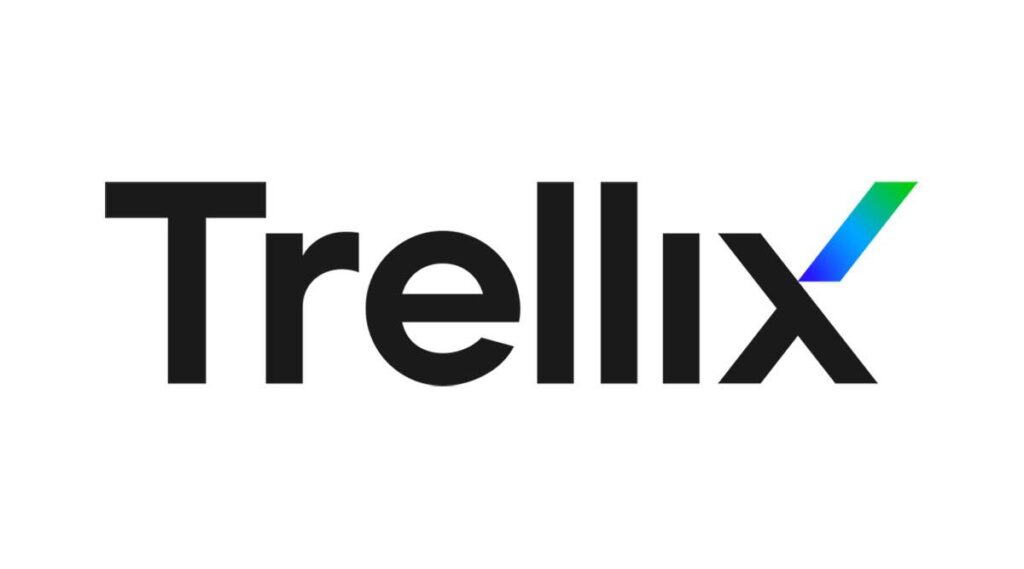Ukraine’s Mobile Operator Kyivstar Facing ‘Powerful’ Cyberattack
Ukraine’s telecommunications infrastructure was rattled today as Kyivstar, the country’s largest mobile operator, fell victim to a significant cyberattack, disrupting cellular and Internet services across the region. The company reported a technical failure resulting from the attack, leading to a temporary blackout of mobile communication and Internet access for its subscribers.

Image Source: sg.news.yahoo.com
In an official statement released today, Kyivstar acknowledged the targeted assault, describing it as a “powerful hacker attack” that impacted their network systems. The outage disrupted services, leaving many customers unable to use their mobile phones or access the internet.
Despite the severity of the breach, Kyivstar moved swiftly to reassure its subscribers that their personal data remained secure. The company affirmed that despite the disruption, there had been no compromise of sensitive user information. This announcement aimed to allay concerns regarding potential data breaches or leaks arising from the cyberattack.
Kyivstar Assures Subscribers’ Personal Data Uncompromised
Deputy Prime Minister Oleksandr Kubrakov addressed the situation, providing assurance that Kyivstar was diligently working to restore its services. He estimated that normal operations would resume within four to five hours, offering a glimmer of hope to the affected users and businesses reliant on uninterrupted communication.
Amidst the turmoil, Interior Minister Ihor Klymenko emphasized that despite the service disruption, emergency services’ mobile numbers continued to function without any impediments. This assurance aimed to maintain public confidence in essential services, assuring citizens that critical emergency communication channels remained operational.
Also Read: How to Clean Your AirPods the Right Way?
The cyberattack on Kyivstar underscores the persistent threat posed by hackers to critical infrastructure and essential services, highlighting vulnerabilities within telecommunication networks. Such incidents raise concerns not only about service disruptions but also about the potential exposure of sensitive user data, prompting calls for enhanced cybersecurity measures and vigilance within the telecommunications sector.
As Ukraine grapples with the aftermath of this cyber assault, attention is drawn to the pressing need for robust cybersecurity protocols to safeguard against future threats. The incident serves as a stark reminder of the ever-evolving landscape of cyber threats and the necessity for proactive measures to protect vital communication infrastructure.
Kyivstar’s resilience in swiftly addressing the attack and safeguarding user data stands as a testament to the significance of proactive cybersecurity measures in defending against sophisticated cyber threats targeting telecommunications networks.

I am a law graduate from NLU Lucknow. I have a flair for creative writing and hence in my free time work as a freelance content writer.






